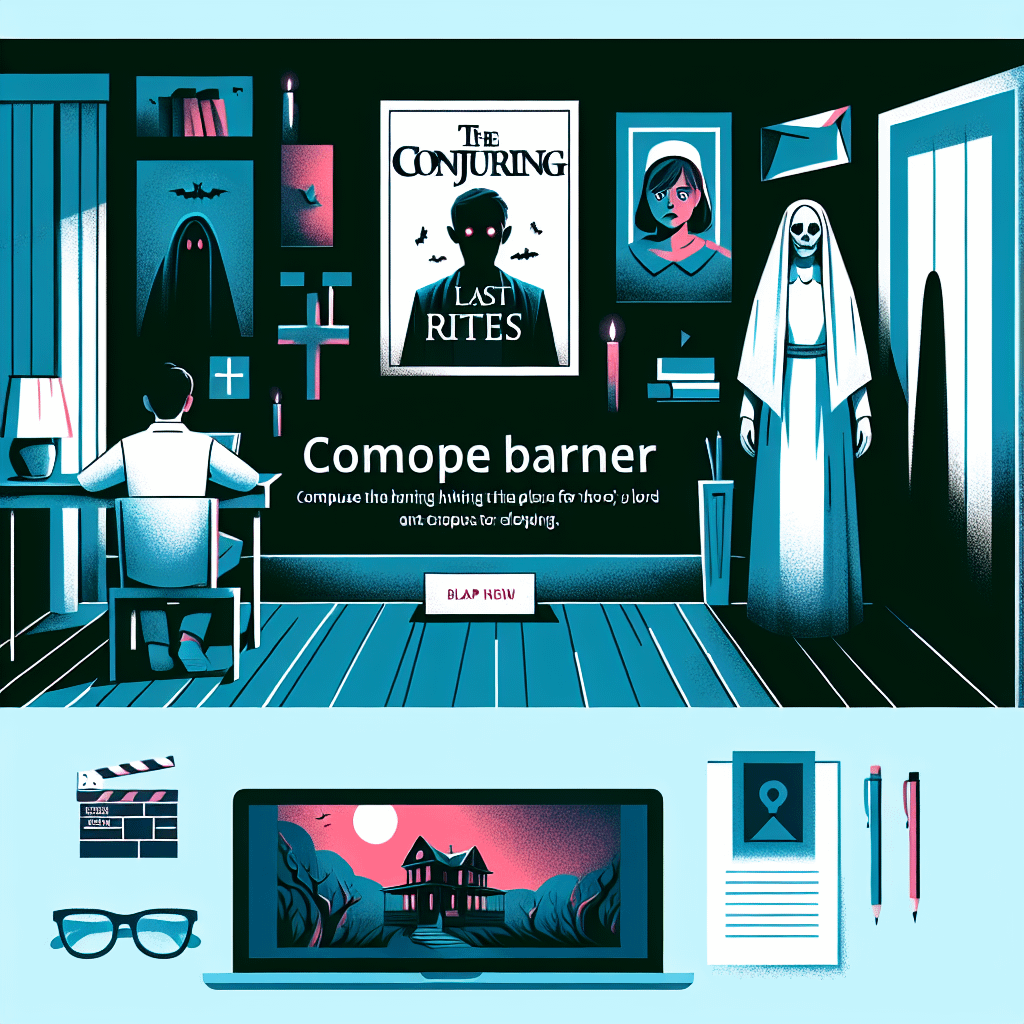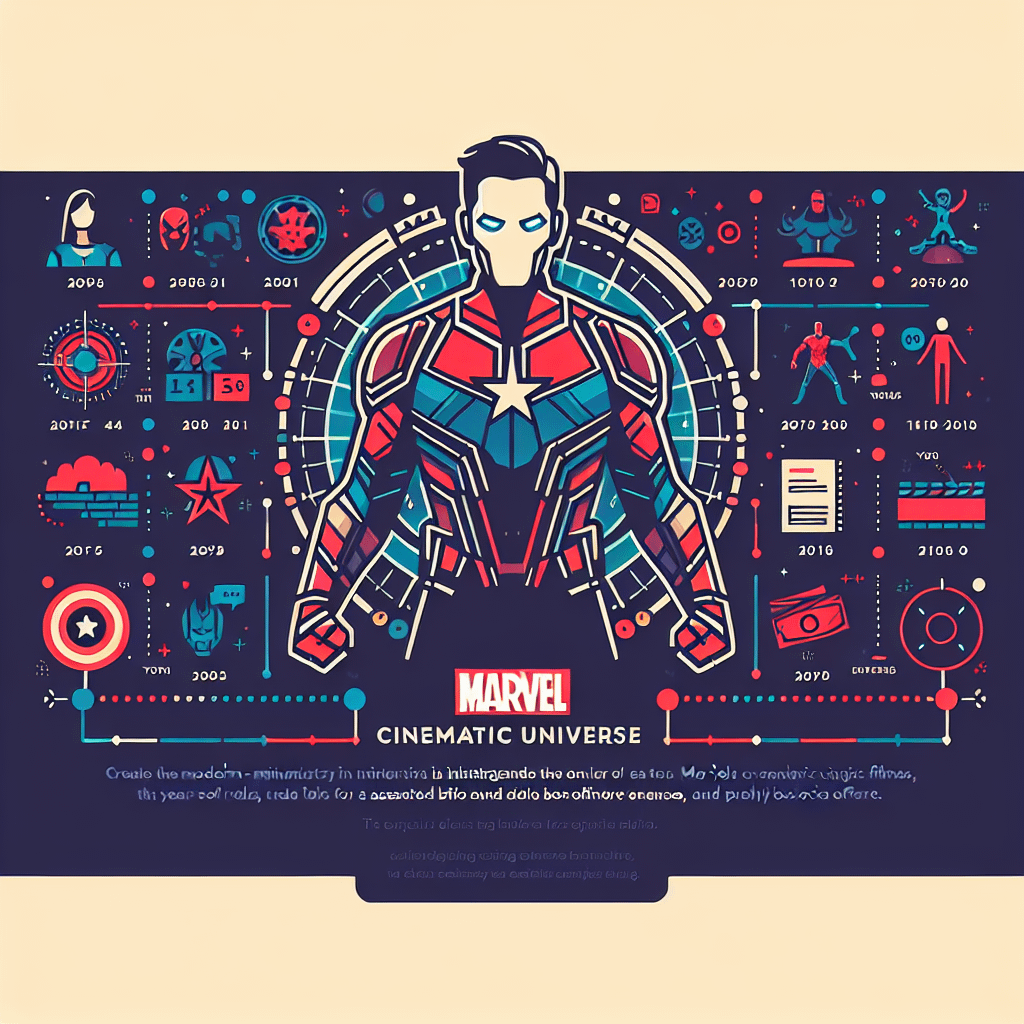Hollywood Faces Off: Dueling Open Letters Shake Up Israel Film Boycott Debate
Hollywood is no stranger to activism, but the latest clash over the Israel film boycott has everyone in Tinseltown talking. A wave of dueling open letters has put the entertainment industry squarely in the middle of one of the most contentious debates of 2024. What started as a boycott has now become a highly public dialogue, with big names from across the film world weighing in on either side.
The Israel Film Boycott: How It Started
The Israel film boycott, which calls for a halt to cultural and artistic collaboration with Israel in response to its policies toward Palestinians, has been a recurring topic within international filmmaking circles. Over the last year, numerous filmmakers, producers, and artists have either pledged support for the boycott or condemned it as an attack on free expression.
This month, the discussion hit fever pitch. An initial open letter, signed by a group of Hollywood insiders, advocated for the boycott’s aims and called on others in the industry to join. It cited ongoing violence and made a passionate appeal for solidarity with Palestinian filmmakers and communities.
Hollywood’s Response: Open Letters Multiply
The response was immediate—and divided. Within days, another group of high-profile actors, directors, and producers issued a counter-letter. This second open letter condemned the boycott, emphasizing that film should be a bridge rather than a barrier. The authors argued that shutting out Israeli filmmakers would stifle dialogue and silence voices working toward peace.
- Letter in Support: Calls for solidarity with Palestinians by supporting the boycott.
- Letter Opposing: Stresses the importance of free expression and inclusivity in film.
Key Hollywood figures, including Oscar winners and Netflix showrunners, were among the signatories on both sides, signaling just how deeply this debate has permeated the industry.
Notable Signatories and Industry Impact
While many names have chosen to remain private, several high-profile celebrities have gone public with their positions. These open letters have included signatories such as renowned actors, influential directors, and top-level executives. The visible split has not only divided opinion in Hollywood, but it has also sparked public debates on social media and across industry events.
Some believe this rift could lead to lasting changes in the entertainment world. “The industry has always been politically engaged, but we haven’t seen open letters like this draw such clear lines in years,” remarked one anonymous talent agent.
Box Office and Festival Fallout
The ramifications are already being felt across international film festivals. Some Israeli films have reported difficulties securing screening slots abroad, while others have seen increased support in response to the boycotts. At the same time, some Palestinian filmmakers have found new opportunities to showcase their work, as the boycott amplifies attention to their stories.
At the box office, a handful of titles are facing quiet boycotts from certain audiences. Distributors are reportedly weighing the potential commercial risks of acquiring new films connected to the debate. Add to that the possibility of lower festival turnout, and it’s clear the conversation is impacting filmmaking on multiple levels.
Audience Reactions and Industry Reflections
Audience response has been just as heated as the debate itself. Social media is filled with hashtags reflecting both #BoycottIsrael and #KeepFilmFree, with opinions sharply divided. Some fans have vowed to support only those filmmakers taking a stand for what they believe in, while others warn against mixing art too deeply with politics.
For many viewers, the issue raises broader questions about the role of cinema in global affairs. Should films serve as protest tools, or should they strive for communication and coexistence? As the dueling open letters circulate, these questions are front and center throughout Hollywood and beyond.
The Bigger Picture: What’s Next for Hollywood?
As of now, there’s no sign the debate is cooling off. Film productions are reportedly having candid conversations about cultural boycotts and their consequences. Some studios have emphasized their commitment to free speech, while others acknowledge the complexities involved in global partnerships.
It’s a sign of the times that even the most glamorous corners of Hollywood are not isolated from the world’s most pressing issues. The dual open letters on the Israel film boycott highlight the shifting landscape for filmmakers, storytellers, and audiences alike.
Whether these open letters lead to concrete change—or simply further intensify the divide—remains to be seen. One thing is certain: Hollywood is now an even more visible stage for the world’s most important discussions.
Where Do We Go From Here?
For now, all eyes remain on upcoming film festivals and awards shows, where new projects and acceptance speeches may reflect the ongoing debate. Filmmakers, actors, and fans alike are watching and waiting to see how the dueling perspectives on the Israel film boycott will shape the industry’s future.
What began as a series of open letters has become a defining issue for Hollywood in 2024. In the end, these passionate exchanges may help spark the very dialogue that both sides say the world needs.




